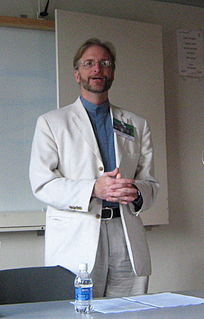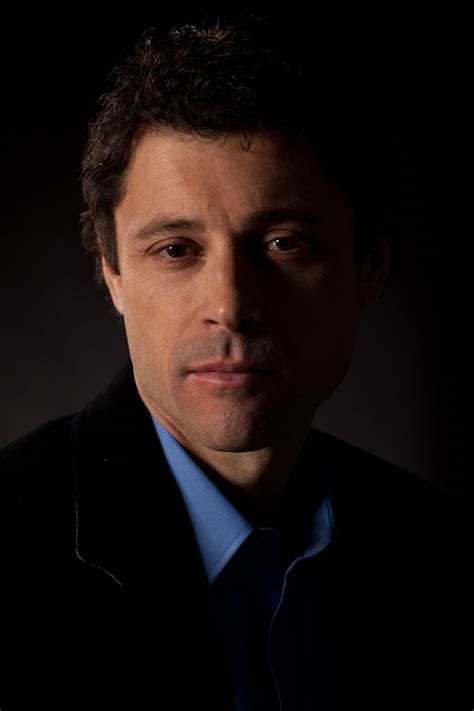A Quote by Ron Rash
I usually do at least a dozen drafts and progressively make more-conscious decisions. Because I've always believed stories are closer to poems than novels, I spend a lot of time on the story's larger rhythms, such as sentence and paragraph length, placement of flashbacks and dialogue.
Related Quotes
When I started graduate school we did this publishing class where we learned about submitting and read interviews with editors from different magazines. A lot of them said they got so many submissions that unless the first page stuck out or the first paragraph or even the first sentence they'll probably send it back. So part of my idea was that if I have a really good first sentence maybe they'll read on a bit further. At least half, maybe more of the stories in Knockemstiff started with the first sentence; I got it down then went from there.
I've always believed that poetry must speak of realities as least as complicated as those spoken of in prose. I've read books of poems, even single poems, which are, for me, at least the equivalent of a short story or a novel. Martin Amis, in an interview with Saul Bellow in the early eighties, quotes Bellow asking, "Why not address 'the mysterious circumstance of being', say what it's like to be alive at this time, on this planet?" This has been and still is my ambition.
I've had enormous luck and enormous pleasure in working in such forms as movies and plays that I loved when I was a kid and I just - because I could always write dialogue, because I always had a sense of how people spoke. And because I had a strong narrative sense; growing up and loving stories, loving novels, I just seem to know how to tell a story and I read a lot, I went to a lot of movies, I went to a lot of plays, and it rubbed off on me. And that's all. It just rubbed off on me.
Works of art are not so much finished as abandoned. Perhaps poems can be perfect. A short-short story might even be perfectible, as effective and enjoyable for one reader as the next. But novels and other book-length narratives are great rambling things that always contain some flaws. For works of any length, there comes a point when your continued tinkering won't improve the whole, but will just trade one set of problems for another.
I read a lot of detective stories because they always deliver. They give you a beginning, a middle, and an end - a resolution. The modern novels I read don't always deliver because I'm looking essentially for a story. As in Shakespeare, "The play's the thing." In particular I read detective stories for pacing, plot and suspense.
I did a lot of this through writing flashbacks. Many of the flashbacks took place at Cal's school and I eventually cut them because they didn't seem essential and they slowed the pace of the story in the first third of the book. They were essential to me, though, in that I learned about my characters.







































